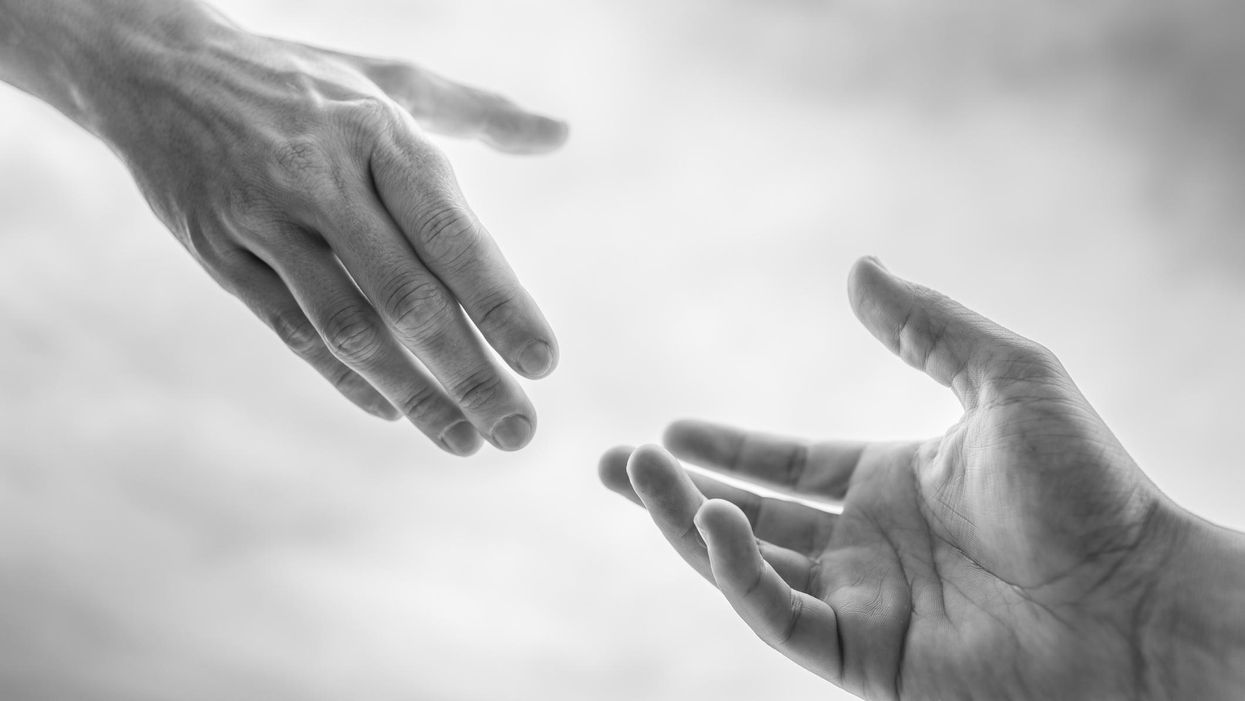Coyle is a retired minister who writes about the intersections of faith, culture and politics. She is the author of "Living in The Story: A Year to Read the Bible and Ponder God's Story of Love and Grace."
This may well be Jesus' most difficult expectation: "Love your enemies, do good to those who hate you, bless those who curse you, pray for those who abuse you. ... Do to others as you would have them do to you"(Luke 6).
"Love your neighbor" is tough enough, but "love your enemy" pushes me beyond my human ability. I know I don't love well.
Much of what Jesus says in the New Testament's Beatitudes remains pretty much impossible for us mere mortals to accomplish. I suppose some of the saints have drawn close to the high standards, but not many of us regular Jesus followers are anywhere close. (You may have noticed this.)
Several thoughts come to mind as I unpack these words and try to figure out how to be in a healthy relationship with too many unlovely people in my own life.
First, love is not a feeling. Jesus doesn't say I have to like unlikeable people, but if I'm a Jesus follower I can't get away from his bald command that I must act with love even toward unlovable people.
So when I am around people I don't like, I still am expected to maintain my self-control. I still am called to be patient, kind and gentle. When I act like this, treating others as I want to be treated, I can be released from my anger and bitterness and able to find a bit of internal peace instead of constant turmoil.
And then there is one other really important question: Who is my enemy? In biblical and theological language, sin and death are the enemy, forces of evil are the enemy. Ephesians 6 says this: "Our struggle is not against enemies of blood and flesh, but against the rulers, against the authorities, against the cosmic powers of this present darkness, against the spiritual forces of evil in the heavenly places."
I don't pretend to understand what these "cosmic powers" are nor how they operate, but it was immensely helpful to me to realize that flesh and blood people are not my actual enemies; rather now I think of them as victims of an enemy that deceives, abuses, and manipulates. Indeed, all of us are wounded by these forces that seek to divide and conquer humanity.
Abraham Lincoln helps me here as well. His firm generosity toward those in the rebel states who declared themselves to be his enemies astounds me and gives me hope: "We are not enemies, but friends. We must not be enemies. Though passion may have strained, it must not break our bonds of affection. The mystic chords of memory will swell when again touched, as surely they will be, by the better angels of our nature."
I think the saints among us who have managed a beatitudinal pattern to their lives understand they don't have it in them to love perfectly, so they have figured out how to let their "better angels" loose. And I think (I hope) some of these saintly souls discover through the process of acting with love actual feelings of love
I'm working on it but I have a long way to go. Some days, I confess, I don't even want to love. But then I realize those are the days when I am most bitter and miserable; I steal my own peace and joy. My "enemy" doesn't know (or care) that I don't love well, but I know it. I know all too well the consequences of not loving.
I don't want to be that bitter, angry person. I really want the better angels of my nature to rise up within me during these challenging days. So I'll keep working on acting like a loving person and maybe, one of these days, I'll actually become a person who loves well.
A version of this article was first published at CharlotteVaughanCoyle.com.



















Trump & Hegseth gave Mark Kelly a huge 2028 gift